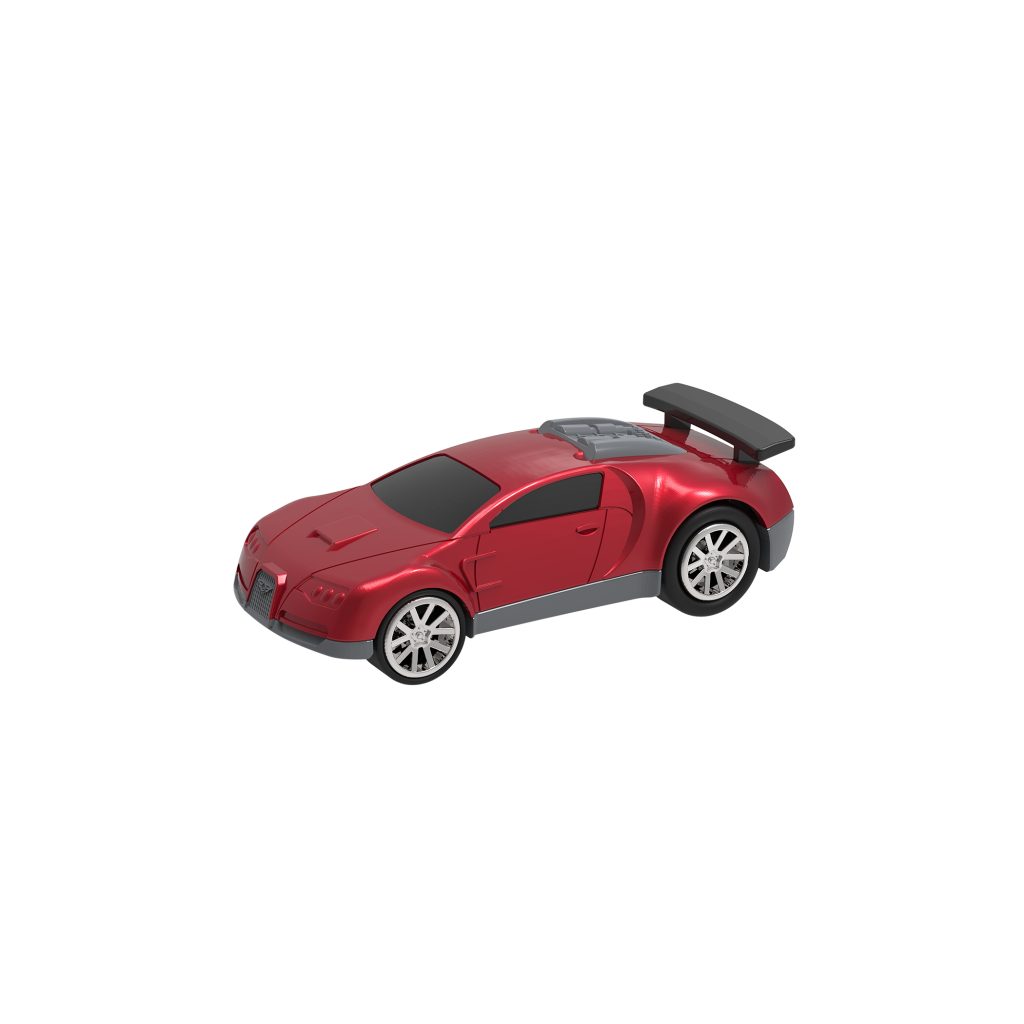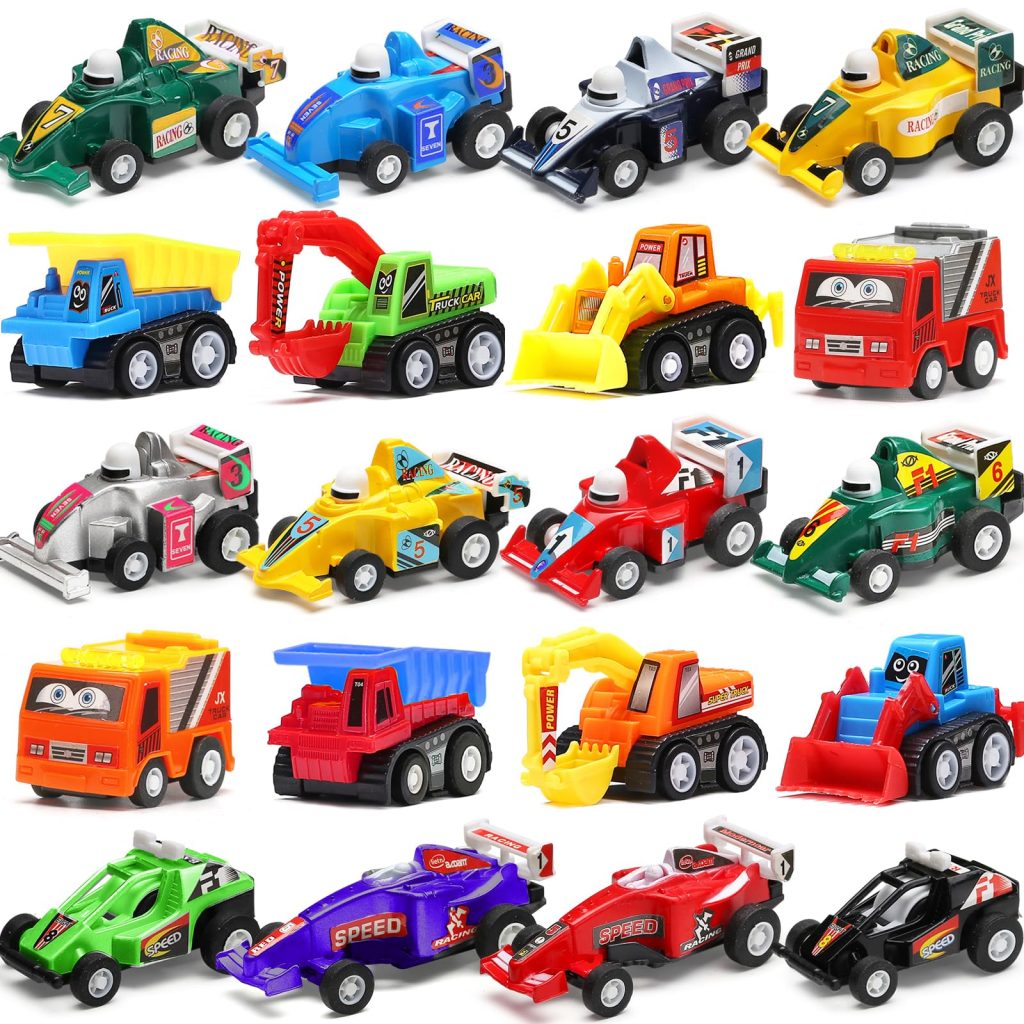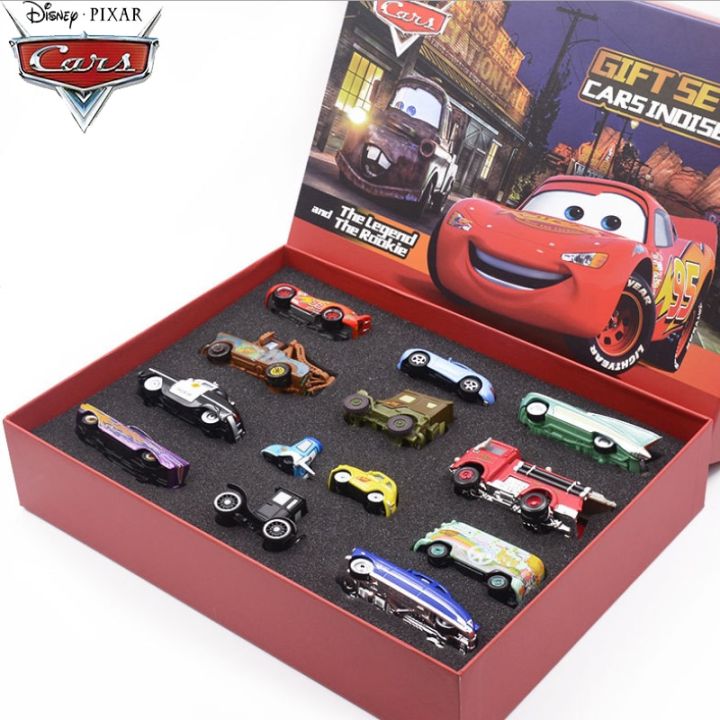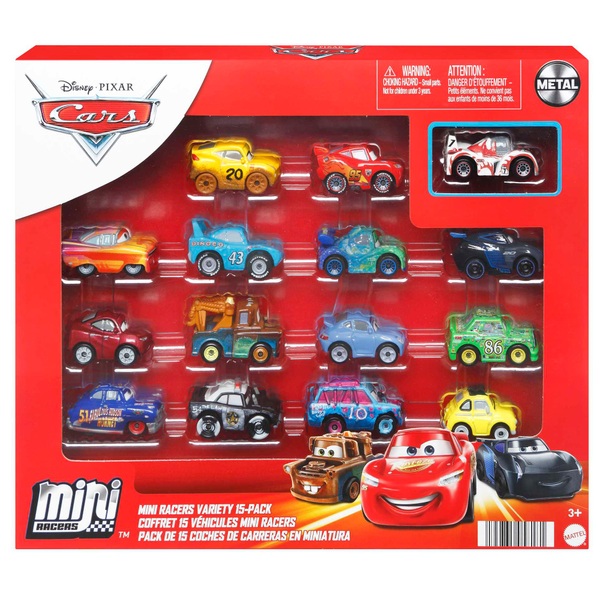The Impact of Toy Cars on Child Development
Stimulating Imagination Through Pretend Play
Toy cars create an expansive playground for the imagination. As children roll, race, and crash these miniature vehicles, they are not just playing; they are creating stories, scenarios, and entire worlds. The act of pretend play is crucial in child development. It helps in cognitive growth, encouraging kids to process and understand the world around them. Toy cars serve as a canvas upon which children can project their understanding and questions about motion, speed, and mechanics, fostering an early curiosity about how things work.
Enhancing Fine Motor Skills and Coordination
Manipulating toy cars requires dexterity and precision, which are important for the development of fine motor skills. As children pick up, maneuver, and race their toy cars, they enhance their hand-eye coordination, and their fine motor skills become sharper. These actions build the foundational abilities that are necessary for later life skills, such as writing and using tools. Even simple play activities with toy cars can contribute significantly to the physical development of a child.

Selecting the Perfect Toy Car
Safety Concerns for the Youngest Enthusiasts
When choosing toy cars for young kids, safety is the top concern. It is imperative to select cars that are age-appropriate and free from small, detachable parts that could pose choking hazards. Cars made from non-toxic, durable materials that can endure rough handling are ideal. Additionally, edges should be smooth to prevent cuts, and batteries, if used, should be secured within a child-safe compartment.
Age-Appropriate Features for Maximum Enjoyment
As children grow older, the features of toy cars can become more intricate. Older children may enjoy toy cars with more realistic features like doors that open, working headlights, or sound effects. Electric or remote-controlled cars can also be an attractive option, offering children the thrill of controlling the vehicle’s speed and movement. For those interested in mechanics, models that can be assembled and disassembled can provide educational value and an engaging challenge.
Popular Types of Toy Cars
A World of Options: Matchbox to Model Cars
The range of toy cars available matches the diversity of real cars on the road. Standard options include Matchbox cars, known for their small size and wide variety, which can easily become collectibles. Model cars provide a more detailed and intricate representation, appealing to those who admire automotive design and engineering. These toys can introduce children to different car brands and historical models, providing a miniature education in automotive history.
Going Beyond the Basic: From Off-Road to Futuristic Designs
Toy car collections are not limited to conventional designs. Off-road toy vehicles simulate the ruggedness of unpaved trails, encouraging kids to imagine adventurous scenarios. Futuristic toy cars, often derived from science fiction movies or conceptual designs, expand a child’s imagination into what transportation might look like in years to come. These different types provide contrasts in functionality, aesthetics, and potential for imaginative exploration.
Interactive Features in Toy Cars
Dynamic Elements for Engaging Play
Interactive features in toy cars can significantly enhance a child’s play experience. These may include lights, sounds, and movable parts that mimic real car functions. For example, a toy police car with siren sounds and flashing lights can lend a sense of realism and urgency to play. Cars with friction or pull-back motors that propel them forward can be particularly fascinating, teaching children the basics of kinetic energy transfer in a very practical way.
Remote Control and Battery-Operated Cars for Exciting Adventures
Remote control (RC) cars offer a level of interactivity and control that can keep older children engaged for hours. These battery-operated vehicles can come with a variety of features: varying speeds, responsive handling, and even obstacle-avoiding capabilities. Learning to navigate an RC car helps with spatial awareness and improves reaction times. There are even educational RC cars that require assembly, blending the fun of play with the reward of building something functional.

Sustainability and Toy Cars
Eco-Friendly Toys for a Greener Playtime
As environmental concerns become more important, eco-friendly toy cars have gained popularity. These toys, often made from recycled materials or sustainable wood, provide a green alternative to traditional plastic models. By choosing eco-friendly cars, parents and educators can instill the value of sustainability in children from a young age. Playing with these types of toys can spark conversations about recycling, renewable materials, and the impact of human activities on the planet.
The Longevity and Durability of Quality Toy Cars
High-quality toy cars are not just better in terms of performance and detail; they also offer greater durability, which promotes sustainability through longevity. A well-made toy car can withstand years of play and still be in good enough condition to be passed down to younger siblings or even future generations. Investing in durable toy cars reduces waste and helps in teaching children the principle of ‘buying less, but better.’
The Broader Educational Benefits of Toy Cars
Learning Basic Physics and Engineering Concepts
Toy cars provide an introduction to basic concepts of physics, like motion, gravity, energy, and friction. Children implicitly learn about these forces as they play, gaining a practical understanding of how they affect the movement and speed of their toy vehicles. Building tracks with inclines or jumps can teach children about potential and kinetic energy. It also introduces them to simple engineering challenges, encouraging them to think critically about design and problem-solving.
Role-Playing and Social Development with Toy Cars
Role-playing with toy cars allows children to act out different scenarios, promoting social development and emotional understanding. They can mimic adult responsibilities like driving to work or shopping, which helps them process the world they see around them. Sharing toy cars and negotiating play scenarios with peers foster the development of social skills, including sharing, collaboration, and resolving conflicts. These interactions contribute to the emotional and social growth of children, preparing them for effective communication and cooperation in later life.
Playing with toy cars offers a multi-faceted experience, beneficial in child development. It aids in cognitive growth, independence, and introduces basic STEM concepts. The diversity of toy cars on the market allows for a wide range of interests and ages. Features like movable parts and realistic sounds add interactivity, while the push towards eco-friendly options offers an opportunity to teach children about sustainability. Investing in quality, durable toys can also become a part of family legacy, nurturing bonds across generations. With the vast educational potential and pure joy they bring, toy cars remain one of the most cherished playthings in the world of childhood entertainment.

The Social Dynamics of Toy Car Play
Toy car activities often involve more than one participant, which fosters an environment where teamwork and communication skills can thrive. Children learn to articulate their thoughts and negotiate roles during joint play sessions, laying the groundwork for effective interpersonal communication. For instance, when several kids come together for a toy car race, they discuss rules, take turns, and support fair play. This type of interaction is invaluable as it helps children understand the dynamics of working as a group and respecting each other’s contributions.
Cultivating Empathy and Understanding Through Role-play Scenarios
When children engage in role-playing with their toy cars, they often emulate real-life situations they’ve witnessed, such as a visit to the grocery store or a family road trip. By assigning roles and acting out these scenes, they step into the shoes of others, which can foster empathy and a deeper understanding of different perspectives. Learning to care about another’s experience during play can translate into a more compassionate approach to relationships as they grow older.
Maximizing the Educational Value of Toy Cars
Using Toy Cars as a Gateway to Science and Math
Toy cars can be a fantastic gateway to the world of science and mathematics for inquisitive minds. Parents and educators can capitalize on a child’s interest in these toys to introduce educational concepts in a natural and engaging manner. For example, measuring the distance a car travels on different surface textures can introduce the idea of units of measurement and surface friction. Counting cars, sorting them by color or type, and grouping them into patterns can also reinforce mathematical concepts like counting, sorting, and pattern recognition.
Encouraging Engineering Skills with Buildable Car Models
Buildable car models are an excellent tool for encouraging engineering and mechanical skills. These models come with instructions and components that need assembly, providing a hands-on experience that challenges a child’s problem-solving ability and logic. Assembling a toy car from scratch can not only be a rewarding experience but also instills a sense of accomplishment and boosts self-esteem. The process of following instructions and assembling the parts also offers a fundamental understanding of the intricacies of vehicle mechanics.
